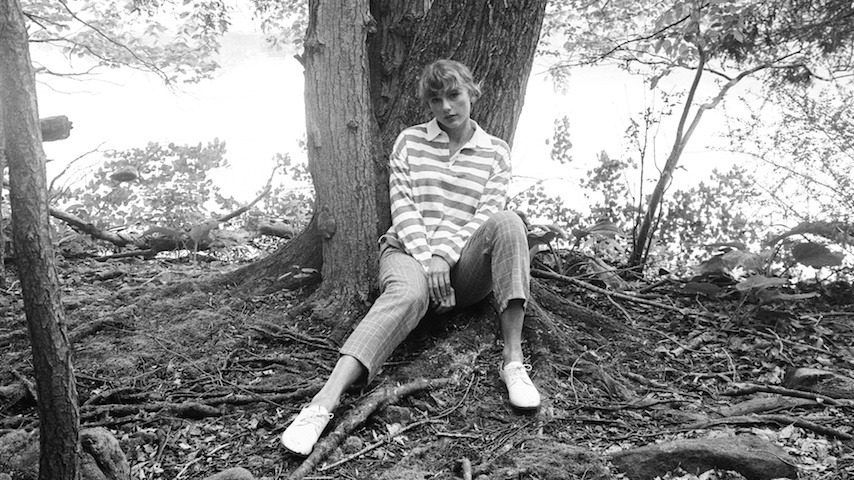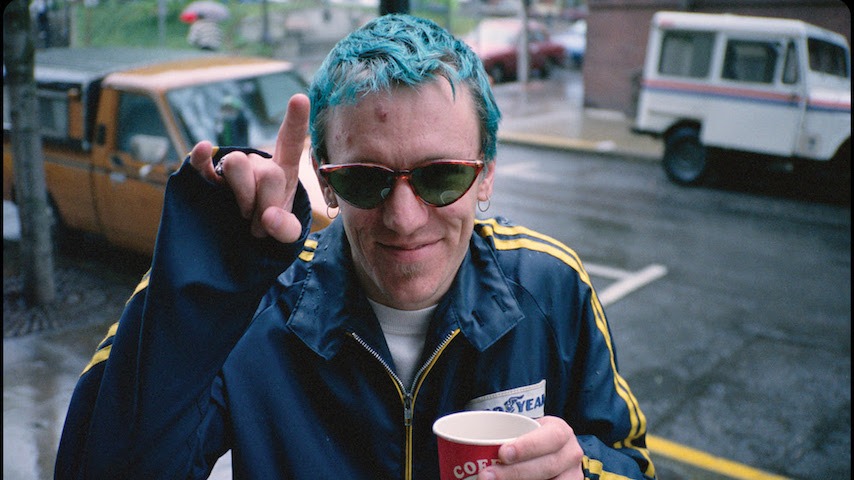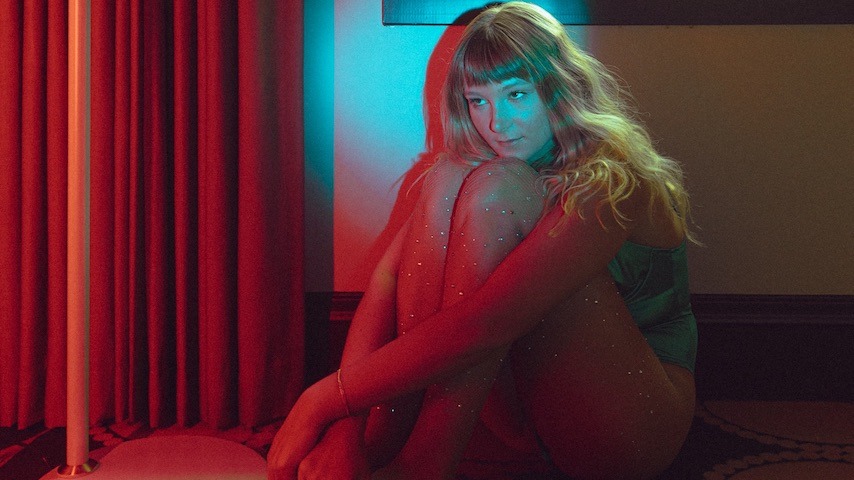Taylor Swift has leveled the hell up.
There isn’t a better way to phrase it. The bright-eyed-country-musician-turned-serious-pop-titan didn’t need to—she could’ve quit music last year and still left behind a lasting pop discography. But on her new album folklore, which arrived less than 24 hours after she announced it with a woodsy social media rollout, she steps up her game in a way she never has before. Free of the usual album cycle fanfare—the splashy lead single, months of social media theatrics and a massive world tour—Swift had a rare opportunity with folklore to ignore timing and expectations. “Before this year I probably would’ve overthought when to release this music at the ‘perfect’ time, but the times we’re living in keep reminding me that nothing is guaranteed,” she wrote. Created entirely during isolation, Swift’s eighth LP feels like it landed at our feet straight from another universe.
Taylor Swift is no stranger to changing up her image (she even poked fun at her own amorphous tendencies in the “Look What You Made Me Do” music video back in 2017). Each of her previously released seven albums, for the most part, explore a different side of her personality, and choosing a favorite Taylor Swift “era” is just part of being a fan. If 2017’s Reputation was a look at her darkest, most vengeful core and last year’s bubbly Lover was her brightly-colored piñata of daydreams and a fresh outlook on love, folklore is a slow walk alongside her realest, most authentic self. As she discloses on the dream pop album standout “mirrorball,” “I’m a mirrorball / I can change everything about me to fit in.”
But she’s not hiding on folklore. She’s relaxed in her own feelings. To help her get there from a musical standpoint, Swift called in The National’s Aaron Dessner, who co-wrote 11 of the album’s 16 tracks and provided instrumentation along with his brother Bryce, plus Bon Iver’s Justin Vernon and her Lover partner Jack Antonoff. We now know this is a dream team.
Swift could’ve turned folklore into a great album no matter who produced it or which musical personnel appeared on it, but the Dessner brothers’ influence shows up in a most glorious way. You can catch glitchy shimmers of their electronic project Big Red Machine on the gorgeous “peace,” signature calculated percussion on album opener “the 1” and attractive ambience on “epiphany.” Vernon’s appearance on “exile” also creates a soft, somber mood that would otherwise be missing. Later in the album, on tracks “illicit affairs,” “invisible string” and “betty,” Swift leans wholly into Vernon’s home genre of indie folk, relying on chirpy acoustic guitar, folksy storytelling and even harmonica (plus Swift’s first repeated use of the “F” word, which is noteworthy!). Elsewhere, the production swells on “august” and “seven” are some of the most understatedly beautiful moments of her discography.
This “leveling up” is indicated not only by sonic left turns, but also by a new omniscient kind of songwriting Swift hasn’t explored much previously. As has been well documented, Taylor Swift is an autobiographical songwriter. Fans have spent the better part of two decades reading her lyrics like diary entries, trying to determine which of her songs are about which ex-boyfriends, from Taylor Lautner and John Mayer to Jake Gyllenhaal and Calvin Harris.
This time, however, trying to pluck too many personal details is a fool’s errand. Swift says so herself: “I found myself not only writing my own stories, but also writing about or from the perspective of people I’ve never met, people I’ve known, or those I wish I hadn’t.” This is a leap many great songwriters have taken. On folklore, Swift’s character studies include that of the woman who once owned Swift’s Rhode Island beach house, an emotionally abusive ex who calls women “crazy” (“mad woman”) and, believe it or not, a 17-year-old skater boy (“betty”).
The lyrical details are bright, vivid and occasionally funny—but not in the same way as lines like “God, I love the English” or “I’m sorry, the old Taylor can’t come to the phone right now…’cause she’s dead.” On “my tears ricochet,” she quips, “If I’m dead to you / then why are you at the wake?” On “the 1,” she says, “In my defense, I have none.” On “seven,” she jabs, “And I’ve been meaning to tell you / I think your house is haunted / Your dad is always mad and that must be why.” She’s more pensive on “august” while equating a lost romance to the fleetingness of late summer, singing, “August slipped away like a bottle of wine.” It’s genuinely exciting to hear her twisting words and rhymes into these new little knots, which sound even better alongside these newly-implemented indie rock, dream pop and folk influences.
Swift’s new forest aesthetic and quieter indie-folk musings have already inspired plenty of jokes about how folklore is part of a larger “cottagecore” movement or how she made this album solely for us to listen to quietly from our socially distant bedrooms as an autumn mist hovers outside the window. Like her beloved “sad song about fall” “All Too Well,” folklore undeniably perpetuates a soothing autumnal mood. But folklore amounts to much more than a vibe. If Charli XCX released the first great made-in-quarantine pop album, then Swift made the second. Antonoff, the Dessners, Swift and the rest of the folklore team recorded their parts from different rooms and, in some cases, different states. Yet, there’s something so cohesive and comfortable about how everything fits together. Swift’s big 2020 plans for a long Lover tour were scrapped due to the coronavirus pandemic. But that empty window of time is what forced her to think outside the box, beyond what anyone expected of her, and to create one of her best, most perfectly-produced projects ever. In folklore, she wrote a quieter, more thought-provoking chapter in her constantly shapeshifting story. This may be both the beginning and the end of this new Taylor Swift “phase.” Who knows? She could pivot to raging house music next. But like 2012’s Red, I predict folklore will be canonized in pop music history, particularly as a reminder of the beauty that could be found amid this strange era of separation.
Ellen Johnson is an associate music editor, writer, playlist maker, coffee drinker and pop culture enthusiast at Paste. She occasionally moonlights as a film fan on Letterboxd. You can find her tweeting about all the things on Twitter @ellen_a_johnson.




